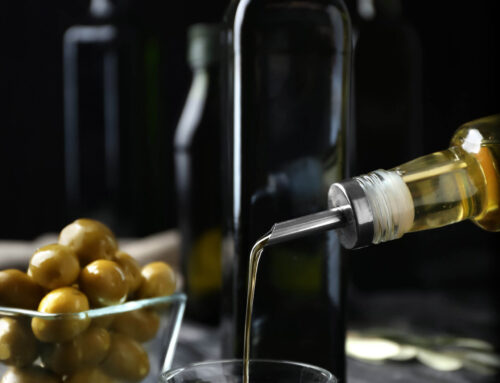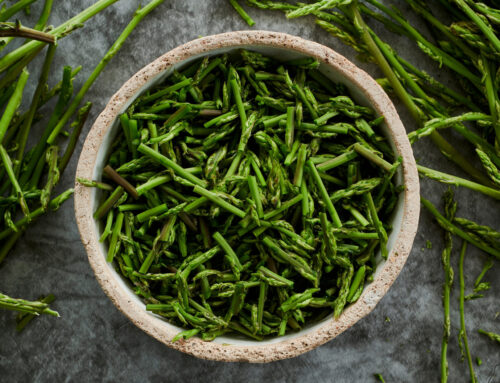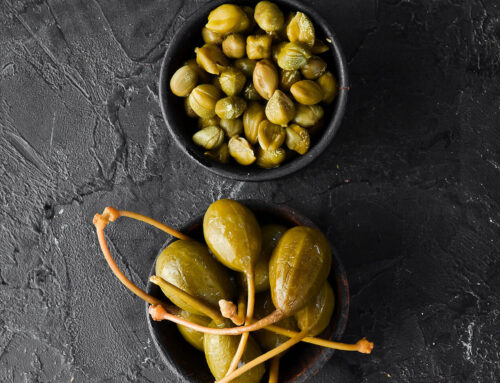Barley Rusks: A Wholesome and Satisfying Greek Superfood
Barley rusks, known as “paximadia” in Greek, are a traditional and nutritious food item that has been a staple in Greek cuisine for centuries. These twice-baked, whole-grain breads offer a satisfying crunch, distinctive flavor, and numerous health benefits.
Barley Rusks: A Time-Honored Greek Tradition
Barley rusks have been a part of Greek culinary heritage since ancient times. They are made from whole-grain barley flour, water, and a small amount of salt, resulting in a nutritious and naturally preserved bread with a long shelf life. Barley rusks were traditionally consumed by sailors, farmers, and shepherds, as they provided a portable, non-perishable, and energy-rich food source.
Nutritional Profile
Barley rusks are a nutrient-dense food, offering a good source of dietary fiber, protein, vitamins, and minerals. They are particularly rich in B vitamins, magnesium, and selenium. Barley rusks also contain beta-glucans, a type of soluble fiber known for its cholesterol-lowering and blood sugar-regulating properties.
Health Benefits
The consumption of barley rusks has been linked to several health benefits, including:
Heart Health
The high fiber content, particularly beta-glucans, in barley rusks can help lower LDL (bad) cholesterol levels, reducing the risk of heart disease.
Digestive Health
Barley rusks are rich in dietary fiber, which promotes healthy digestion and can help prevent constipation.
Blood Sugar Control
The complex carbohydrates and fiber in barley rusks can help regulate blood sugar levels, making them a suitable food for people with diabetes.
Weight Management
The high fiber content in barley rusks contributes to a feeling of fullness, helping to control appetite and support healthy weight management.
Culinary Uses
Barley rusks are a versatile ingredient in Greek cuisine, used as the base for various dishes and appetizers. They are often served topped with chopped tomatoes, crumbled feta cheese, olives, and a drizzle of olive oil, creating a dish known as “dakos” or “koukouvagia.” Barley rusks can also be softened with water or tomato juice and used in salads, or enjoyed as a crunchy snack with dips and spreads.
Making Barley Rusks at Home
Making barley rusks at home is a simple process that involves mixing whole-grain barley flour, water, and salt to form a dough, shaping the dough into loaves, and baking them until firm. The loaves are then sliced and baked again at a lower temperature until fully dried and crisp. Homemade barley rusks can be stored in an airtight container for several months, maintaining their freshness and nutritional value.
Sustainability and Local Grains
Barley is a hardy grain, capable of growing in a variety of climates and soil conditions. It requires less water than many other cereal crops, making it a more sustainable choice for cultivation. By opting for barley rusks, you can support sustainable agricultural practices and promote the use of local grains.
Supporting Local Producers and Traditional Bakers
When purchasing barley rusks, consider supporting local, small-scale producers and traditional bakers who employ time-honored techniques and source their grains from local farmers. This not only helps preserve the cultural heritage and unique flavors of Greek barley rusks but also contributes to the livelihoods of local communities and the conservation of Greece’s rich agricultural and culinary traditions.
Barley rusks are a nutritious and versatile Greek superfood that offers a unique combination of taste, health benefits, and sustainability. By understanding their distinct properties and incorporating them into your diet, you can fully appreciate the role of barley rusks in Greek cuisine. Culinary arts students, chefs, researchers, and food enthusiasts can all benefit from embracing this fiber-rich, nutrient-dense bread in their cooking and dietary practices, adding a touch of Greek tradition and healthful nourishment to their meals. Supporting sustainable cultivation practices, local grains, and traditional producers ensures the continuation of this ancient culinary ingredient and its positive impact on Greece’s agricultural heritage, local communities, and the environment.



